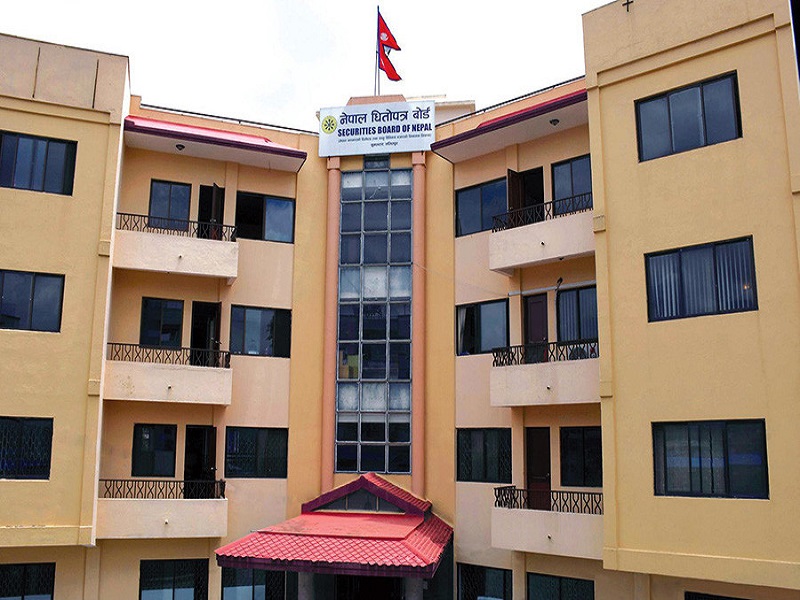Nepal ICT Sector Budget 2025: ICT Industry Praised, Yet Key Demands Remain Unmet
29th May 2025, Kathmandu
The Nepali government’s budget for the upcoming fiscal year 2082/83 (2025/26), presented on May 28, has been praised by stakeholders in the Information and Communication Technology (ICT) sector for its prioritization of the industry.
Nepal ICT Sector Budget 2025
However, several crucial recommendations aimed at long-term reforms and infrastructure development in the sector have yet to be incorporated.
Chiranjibi Adhikari, Senior Vice President of the Computer Association Nepal (CAN Federation) and CEO of One Cover Private Limited (Dedicated Cybersecurity Company), acknowledged the budget’s positive approach toward the IT sector, stating that such policies and programs are encouraging. According to him, some notable points included in the budget are:
75% tax exemption on IT service exports and a 5% final tax for Nepalis selling services abroad.
5-year income tax exemption for startups with an annual turnover of up to NPR 100 million.
Integration of robotic technology and artificial intelligence in the health sector.
Mandatory use of domestically developed software in government offices.
Provision for sweat equity for Nepalis providing services to foreign companies.
Loans for startups at a 3% interest rate, with NPR 730 million allocated for this purpose.
One-time digital KYC and the establishment of neo-banks.
Construction of an IT park in Kathmandu and establishment of data centers in collaboration with the private sector.
Key Demands Still Unaddressed
Despite these positive steps, the Cybersecurity Policy expert and Senior Vice President of CAN Federation notes that a significant number of strategic and long-term recommendations have been overlooked in the budget. These include:
A long-term tax incentive policy with a 15-year tax exemption.
Research and Development (R&D) tax credits.
Establishment of an IT Board.
A clear policy to ease Foreign Direct Investment (FDI).
Establishment of a National Innovation and Research Fund worth NPR 1.5 billion.
Soft loans for software development and startups.Establishment of a Startup Recovery Fund.
Collateral-free loans for IT startups, especially for women entrepreneurs.
The necessity of a regulatory sandbox for Web 3.0, blockchain, and fintech.
12% budget allocation for cybersecurity manpower and infrastructure.
Data localization and escrow agreements for government software.
Mandatory inclusion of coding, AI, and digital skills in the education sector.
Clarity in legal and tax policies for freelancers and digital nomads.
Adhikari stated, “If Nepal aims to create 1.5 million jobs by 2035 and realize its dream of becoming a digital nation, it is crucial to prioritize immediate effective policies and infrastructure development.”
Conclusion
While the government’s commitment to the IT sector in the budget is commendable, strategic programs and policies essential for long-term transformation are still in the development phase. The CAN Federation has called for meaningful dialogue with the government, sustainable reforms, and implementation-friendly policies.
For more: Nepal ICT Sector Budget 2025







